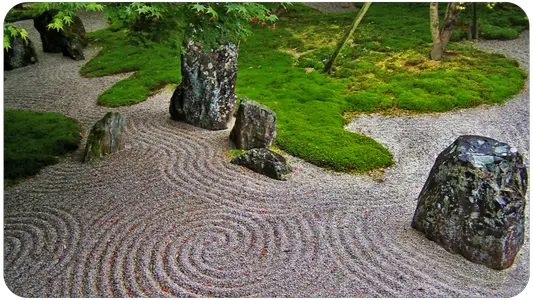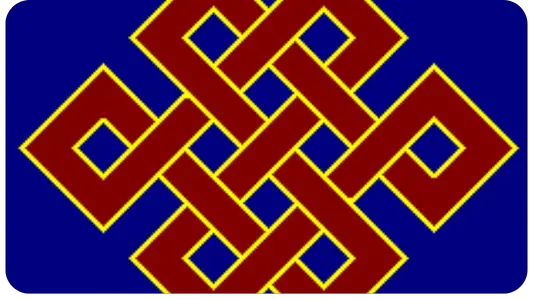Kushinagar (Hindi: कुशीनगर, AITS: Kusinārā) is a city in Kushinagar district, Uttar Pradesh state (India) and is one of the four holy cities of Buddhism, where the Buddha passed away and his tomb is located.
In the Buddhist tradition
According to Buddhist tradition, Gautama Buddha went to Kushinagar along with Ananda and some of his other disciples (Bhikkhus) to receive death there and acquire páranirvana (or highest nirvana).
A bed was prepared in a mango grove, where he exhorted his disciples for the last time and died. The Buddha's remains were taken to the town of Makutabandhana, located east of Kushinagar, where they were cremated.
The city became a center of pilgrimage for Buddhists from all over the world and had many monasteries and temples. It was visited by the Indian Emperor Asoka, a devout Buddhist, on his pilgrimage to all Buddhist holy cities.
Among the sacred monuments still preserved are the Mahaparanirvana stupa, attributed to the stupa that was erected in honor of Buddha after his death, Buddha's own tomb-although empty, as it is assumed he left no physical remains-and a 1500-year-old statue of Buddha.
Different Buddhist temples of other nations have been erected in Kushinagar, including Burmese, Chinese, Sinhalese, South Korean, Thai and Tibetan temples.
Demographically, the population is 17,982, 52% male and 48% female, with a literacy rate of 62%. Mostly Buddhist but with a Hindu and Yain population.





